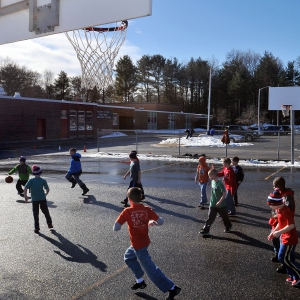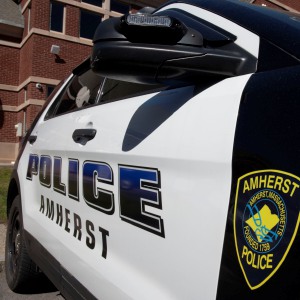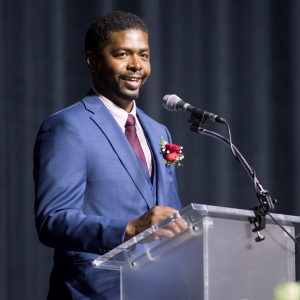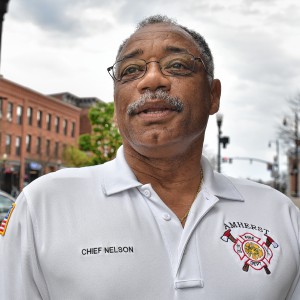Juvenile parole hearings draw mixed reviews in Massachusetts
| Published: 07-31-2017 10:53 AM |
BOSTON — After the U.S. Supreme Court and the highest court in Massachusetts found that mandatory sentences of life without the possibility of parole are unconstitutional for juveniles, the state began holding parole hearings for 63 people who had been convicted of first-degree murder as juveniles and ordered to spend the rest of their lives behind bars.
Three years later, the state has released 10 of those offenders back into the community but denied parole for another 20. The remainder have not yet had parole hearings, are not eligible yet, have postponed their hearings or have received reserve parole dates, meaning they have dates when they will be paroled if certain conditions are met. All are eligible for parole after serving 15 years in prison under a series of rulings by the Massachusetts Supreme Judicial Court.
Defense lawyers and prosecutors have different opinions about how the process has worked. Some advocates say the parole board has been overly conservative and reluctant to view these inmates as rehabilitated. Some prosecutors say that in some cases, they board released criminals too soon.
“It’s been a mixed bag in Massachusetts,” said Naoka Carey, of Citizens for Juvenile Justice.
Carey said that because juveniles convicted of first-degree murder had previously been sentenced to life without the chance for parole, they weren’t always given an opportunity to participate in programs aimed at rehabilitation, including job training, substance abuse treatment and counseling. Yet those are the type of programs the parole board wants inmates to participate in to show they can safely re-enter society, she said.
Massachusetts’ Supreme Judicial Court ruled three years ahead of the U.S. Supreme Court that the ban on mandatory life without parole for juvenile offenders should apply retroactively, and said those already in prison should get parole hearings.
Carey said the number of juvenile lifers granted parole has fallen over the past year or so, causing concern among advocates.
“I think that you see sometimes parole boards are focusing solely on the original crime and not on has this person changed, are they rehabilitated?” she said.
Article continues after...
Yesterday's Most Read Articles
 Holyoke man finds bear paw in his yard
Holyoke man finds bear paw in his yard
 Boyfriend accused in slaying of Hampden sheriff’s assistant, former legislator’s top aide
Boyfriend accused in slaying of Hampden sheriff’s assistant, former legislator’s top aide
 Three finalists named for Ryan Road School principal in Northampton
Three finalists named for Ryan Road School principal in Northampton
 Developer pitches new commercial building on Route 9 in Hadley
Developer pitches new commercial building on Route 9 in Hadley
 Two men dump milk, orange juice over themselves at Amherst convenience store
Two men dump milk, orange juice over themselves at Amherst convenience store
 Sadiq to leave Amherst middle school principal role
Sadiq to leave Amherst middle school principal role
Prosecutors, however, have disagreed with some of the parole decisions. When the board agreed in 2014 to release Anthony Rolon after he had served 18 years in the stabbing death of 20-year-old Robert Botelho Jr., former Bristol District Attorney C. Samuel Sutter criticized the decision given what he called a “vicious attack.”
Massachusetts juveniles convicted of first-degree murder are still sentenced to life, but now they are eligible for parole after serving 20 to 30 years in prison.
Martin Healy, chief legal counsel for the Massachusetts Bar Association, said the system is an attempt to comply with court rulings that found “a juvenile’s mind is not fully developed and not where it needs to be for them to have made reasonable choices.”
“There wasn’t an opportunity in the past for individuals to make a case that they have rehabilitated themselves,” Healy said. “I think the legal community is happy that now there’s at least the ability for them to come forward after serving a significant period of time.”

 A Look Back: April 18
A Look Back: April 18 Amherst Fire Chief Walter ‘Tim’ Nelson to retire in June
Amherst Fire Chief Walter ‘Tim’ Nelson to retire in June First look at how little Amherst’s police alternative being used called troubling
First look at how little Amherst’s police alternative being used called troubling Petition to block auto dealership on King Street falters in Northampton
Petition to block auto dealership on King Street falters in Northampton 
